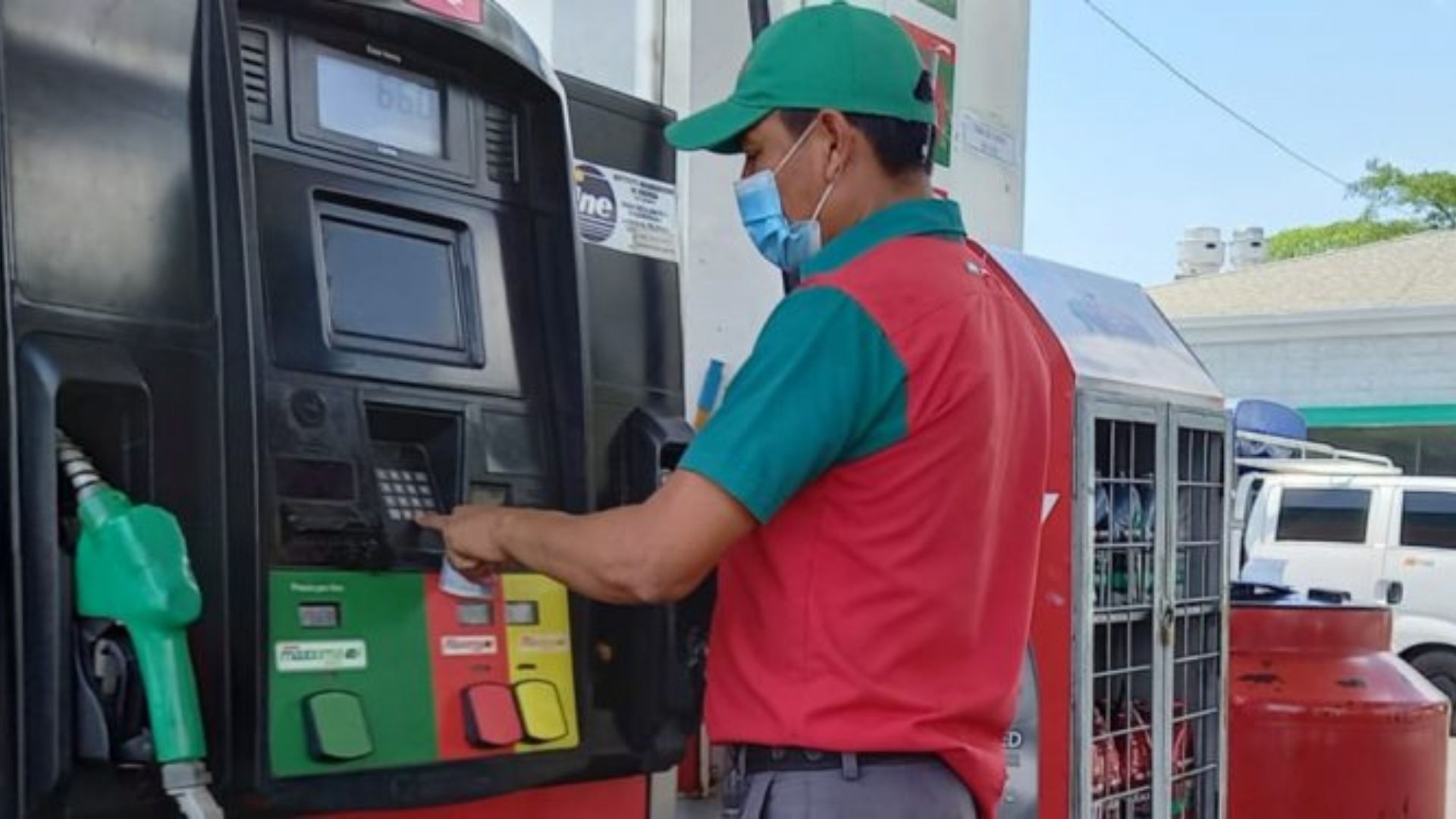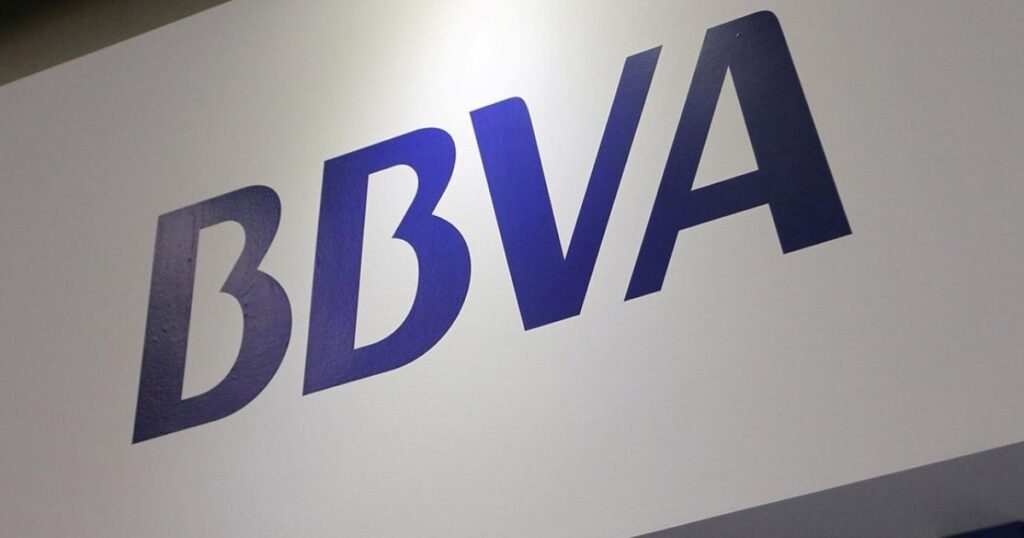The Government of Nicaragua reported this Friday that it will maintain fuel prices, including diesel, the most used by cargo transport and public transport in the country, as well as cooking gas, for the sixth consecutive week starting next Sunday.
The Ministry of Energy and Mines, and the Nicaraguan Institute of Energy (INE) indicated in a joint statement that the Government will assume “with its resources” 100% of the “increases corresponding to the week of May 15 to 21”, in the case of super gasoline, regular gasoline, diesel and liquefied petroleum gas.
Last week, the Nicaraguan government confirmed that it received a credit line of 220 million dollars from the Central American Bank for Economic Integration (CABEI) to face the impact of international oil prices.
Related news: Daniel Ortega’s regime will cancel 25 more organizations
With this decision, the price of a gallon (3.78 liters) of superior gasoline will remain at $5.19 and that of regular at $5.07, while that of diesel will remain at $4.58.
According to the INE, the sector’s regulatory body, with the freezing of prices, Nicaraguans will save $0.90 per gallon of superior gasoline, $0.66 per gallon of regular gasoline and $0.84 per gallon of diesel.
In the case of liquefied petroleum gas, which is what Nicaraguan households use to prepare food, its prices, which depend on the size of the tank and the jurisdiction, will be the same as six weeks ago for 10-pound presentations. , 25 pounds and 100 pounds.
So far in 2022, there have been nine weekly increases and a drop in the price of regular and super gasoline, and nine increases in the price of diesel in Nicaragua, according to data from the sector’s regulatory body.
Fuel prices are established weekly by distribution companies based on variations in international prices of these derivatives, “that is, these prices are not regulated by the State,” confirmed the INE on its website.

















